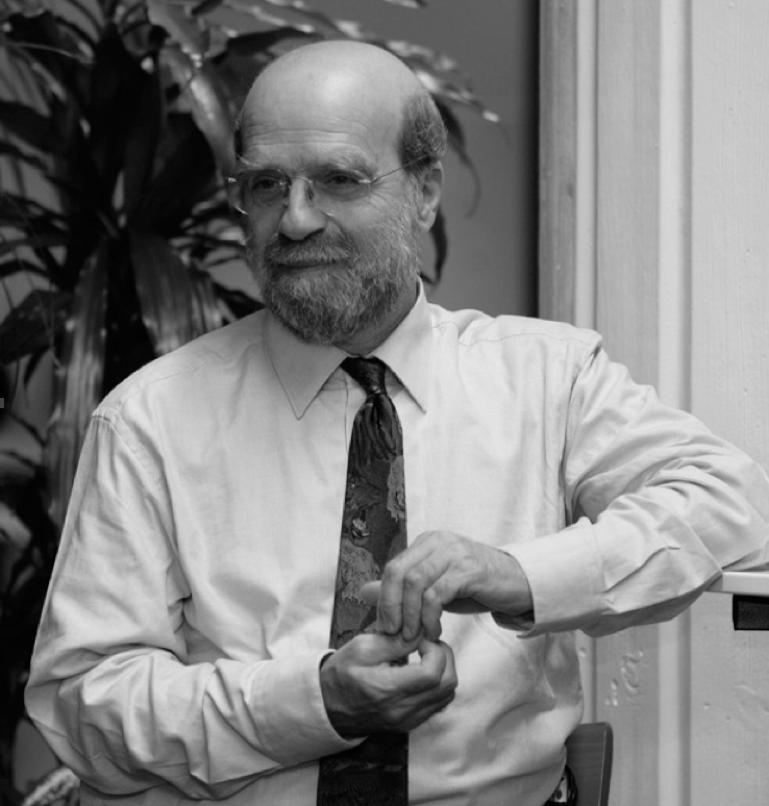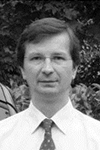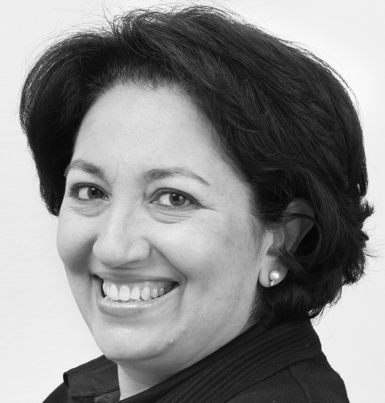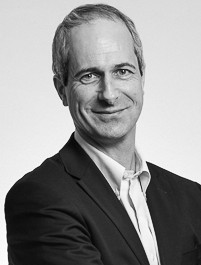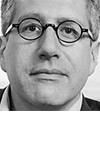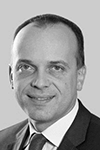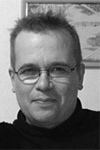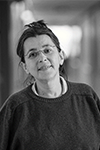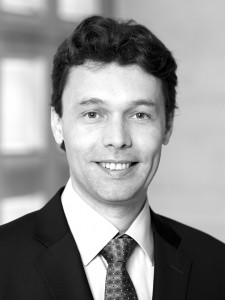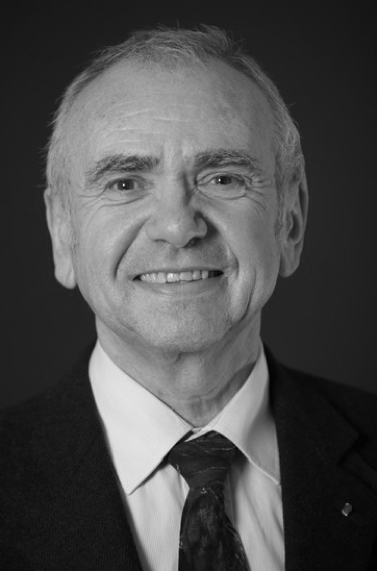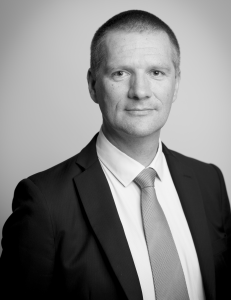The Scientific and Technological Council is an advising instance of the Board of Directors and of the Operational Management Team.
Its purpose is to guide SystemX’s operational management team, both upstream (scientific guidance, core competencies in systems) and downstream of projects along the lines of a “business angel” (skills and knowledge on the key business domains as well as the implementation of complex projects).
The Scientific and Technological Council is consulted with regards to the IRT SystemX’s major scientific orientations and annual action program, prior to their approval by the Board of Directors; and on any other matter referred to it by the Chairman of the Board of Directors.
It makes any recommendation it deems useful for the national, European and international development of the Institute and assesses the impact of its actions on its reach and international appeal.
Twice a year, the Scientific and Technological Council meets to debate and discuss the technological challenges that the Institute wishes to tackle, and to bring its expertise in order to contribute to the successful deployment of R&D projects at the heart of the digital engineering of complex systems.
Furhter reading
- [Interview] – Interview with Yves Caseau, after his election at the head of the Scientific and Technological Council
- [Article] – The Scientific and Technological Council meets for the first time (in French only)
Members of the Scientific and Technological Council
|
|
Jean-Claude Bocquet, President of Scentific and Technological CouncilGraduate of the École Normale Supérieure of Cachan and PhD holder in mechanical CAD and artificial intelligence, Jean-Claude Bocquet has been a professor since 1987. He is the founder and the director of the Industrial Engineering laboratory at CentraleSupélec, director of the Business Sciences department and responsible for the CentraleSupélec activities in the field of Industrial Engineering. Since 2015, he is Emeritus Professor at CentraleSupélec. |
|
|
Yves BambergerYves Bamberger began his career as a structural mechanics researcher at the Ponts et Chaussées Central Laboratory, while also teaching at Ecole Nationale des Ponts et Chaussées. He joined Studies and Research at EDF in 1980, where he helped solve mechanical problems at nuclear plants, while continuing his work as a professor on a part-time basis. During his successive roles in R&D, general management and production, Bamberger became a driving force behind what is now known as EDF’s digital transformation. He returned to EDF as Director of R&D in 2002 and later served as Scientific Advisor to the Chairman, from to 2010 to 2015. Bamberger has sat on several boards in France and further afield. He has also authored several books and produced scientific films. He is an Officer in the French Légion d’Honneur, the national order of merit. |
|
|
Patrick BastardPatrick Bastard has an engineering degree from Supelec, a PhD in physical sciences and an accreditation to direct research (HDR) from Paris-Sud University. He began his career in 1989, when he joined Schneider Electric to work on the security of energy electric distribution networks. He joined Supélec in 1992 as a professor, later becoming responsible of the “Energy Systems and Electrotechnology” department. |
|
|
Nozha BoujemaaResearch Director at Inria, Director of DATAIA Institute (Data Sciences, Intelligence & Society), Project leader of TransAlgo scientific platform for algorithmic systems transparency and accountability. |
 |
Olivier CappéOlivier Cappé began his career at the Centre National d’Etudes des Télécommunications (National telecommunications school – CNET – France Télécom) in Lannion. In 1996, he was appointed as a CNRS researcher at LCTI (Laboratoire Traitement et Communication de l’Information, laboratory for information processing and communication), a research instituion run jointly by Télécom ParisTech and the CNRS. Today, Olivier Cappé is a CNRS research director and the director of the LTCI (Laboratoire Traitement et Communication de l’Information). At LTCI, he belongs to the STA team (statistics and applications). In addition to his research work, he is a Professor in the applied mathematics department at the prestigious French engineering school Ecole polytechnique. Since June 2016, he has headed the STIC (Information Science and Technology) department of the Université Paris-Saclay. Olivier Cappé holds a PhD in Telecoms (1993) and an engineering degree from Supélec (1990). In 2006, he was qualified to direct doctoral studies at the Université de Marne la Vallée. Olivier Cappé has received many distinctions during his career, not least the Grand prix de la fondation d’entreprise EADS (Information Sciences) from the Academy of Sciences in 2013.
|
|
|
Yves CaseauYves Caseau was appointed Director of the Axa group digital agency in April 2014. He was formerly Bouygues Telecom’s Executive Vice-President in charge of New Products and Innovation. His key responsibility is to design and to build “triple play” products (gateways and set top boxes). His role includes the development of new mobile, fixed and convergent services – from telecommunication to “digital life” –, research & development and innovation management. He was Bouygues Telecom’s Chief Information Officer (CIO) from 2001 until 2006. |
|
|
Gilles DowekGilles Dowek has a PhD in automatic demonstration in the calculation of constructions from Paris-Diderot University. He is director of research at Inria and professor at École Normale Supérieure of Cachan. His research focuses on mathematical formalization, physics of computation and safety of aerospace systems. Gilles Dowek has been a consultant for the National Institute of Aerospace, a lab of the NASA Langley research center, from 2000 to 2010. |
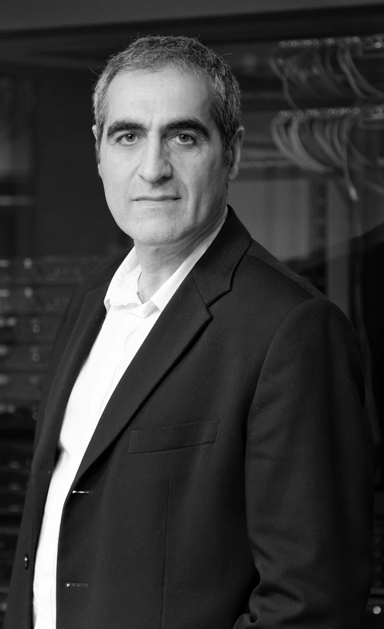 |
Serge FdidaSerge Fdida is a Professor with UPMC Sorbonne Universities since 1995. His research interests are related to the Internet technology and protocols, with an emphasis on smart mobility, vehicular networks, large-scale content distribution systems as well as the design of federated test-beds to support experimentally driven research. Serge Fdida is a Distinguished ACM Member. |
|
|
Denis GardinDenis Gardin is currently Director of Innovation and Technologies within MBDA Systems. |
|
|
Bertrand MauryBertrand Maury is a professor in the mathematics laboratory of Paris-Sud University. He is also member of the AMIES board (Agency for Interaction in Mathematics with Business and Society). His research activities explore partial differential equations, mathematical analysis, digital modelling and simulation. |
|
|
Michèle SebagMichèle Sebag is Deputy director of LRI (Laboratoire de Recheche en Informatique – Laboratory of research in computingz) at CNRS and responsible for the TAO research group. She is a member of the National Academy of Technologies of France. |
Bruno SudretBruno Sudret is a professor of Risk, Safety and Uncertainty Quantification at ETH Zurich (Switzerland) since 2012. His teaching and research interests include computational methods for uncertainty quantification, reliability and sensitivity analysis, Bayesian approaches for model calibration and reliability-based design optimization. |
|
|
|
Alain Bravo (permanent guest)Alain Bravo is a French electrical engineer. He worked with France’s Direction générale des télécommunications where he became Executive Director of Production. He joined the Compagnie générale des eaux, and his accomplishments include founding as first President one of France’s leading mobile phone services, Société française de radiotéléphonie (SFR). In Alcatel he was President of mobile network division and became Director Research and Technology. He chaired his own company Abhexis from 2001 up to 2016 and he directed the FutuRIS prospective study with the Association Nationale de Recherche Technologique (ANRT). Most recently he served as director general of Supélec, one of France’s top five engineering graduate schools, from 2004 until 2013. Currently he is President of the National Academy of Technologies – France. Alain Bravo is a graduate of Ecole polytechnique and Ecole nationale supérieure des télécommunications-Paris. |
Guillaume Poupard (permanent guest)Guillaume Poupard is a graduate of the Ecole polytechnique that he entered in 1992. An armaments engineer specialising in research, he holds a PhD. His doctoral thesis in cryptography was prepared under the direction of Jacques Stern at the Ecole Normale Supérieure de Paris and defended in 2000. He is also a higher education graduate in psychology. He began his career as an expert and then as head of the cryptography laboratory of the Central Directorate of Information Systems’ Security (DCSSI). This directorate was transformed and in 2009 became the National Agency for Information Systems’ Security (ANSSI). In 2006, he joined the Ministry of Defence, still in the field of governmental cryptography and then cyber-defence. In November 2010, he was entrusted responsibility for the “Security of Information Systems” unit as part of the technical department of the General Armaments Directorate (DGA), responsible for investigations and technical policy in the cybersecurity field. On 27 March 2014, he was appointed director general of the National Agency for Information Systems’ Security. |


